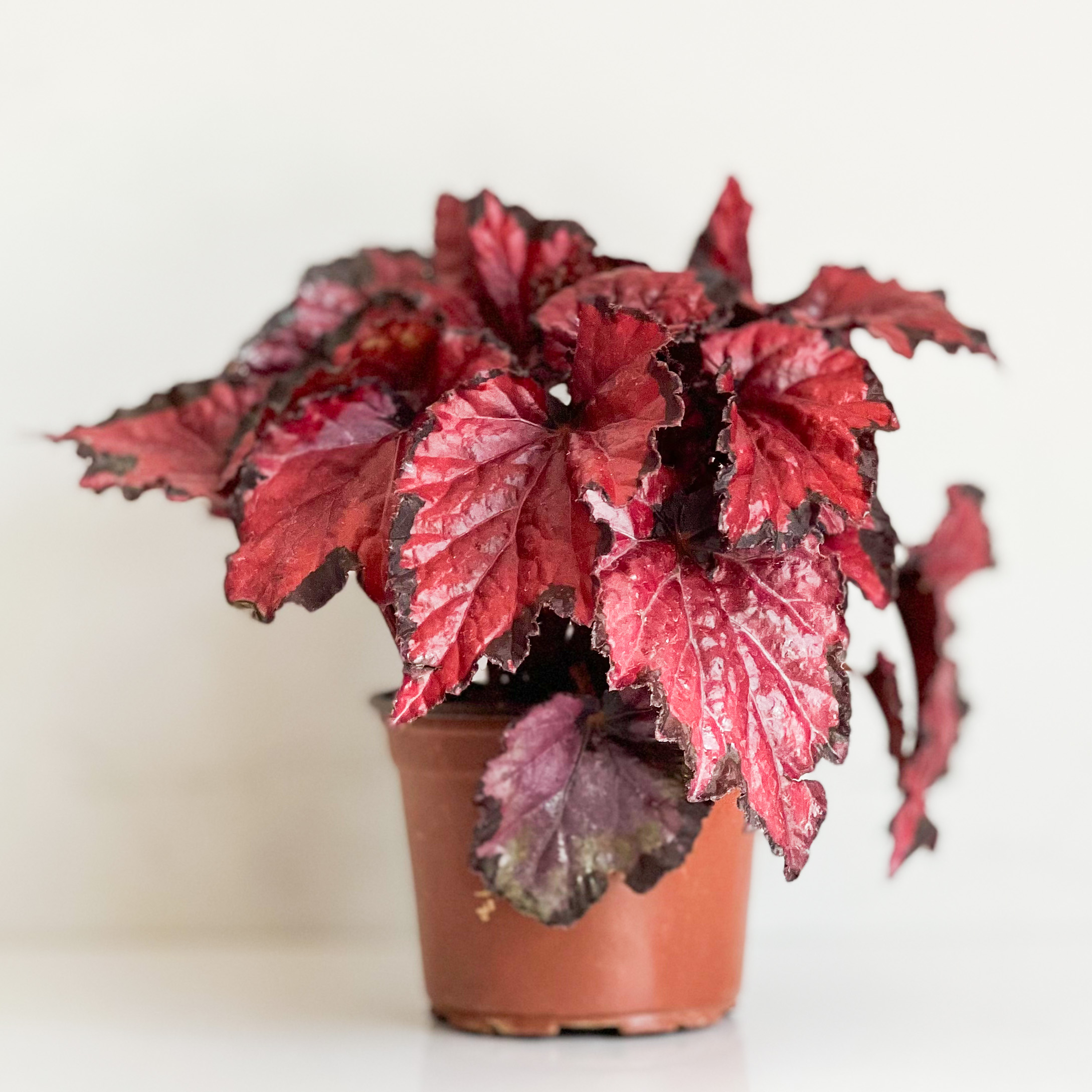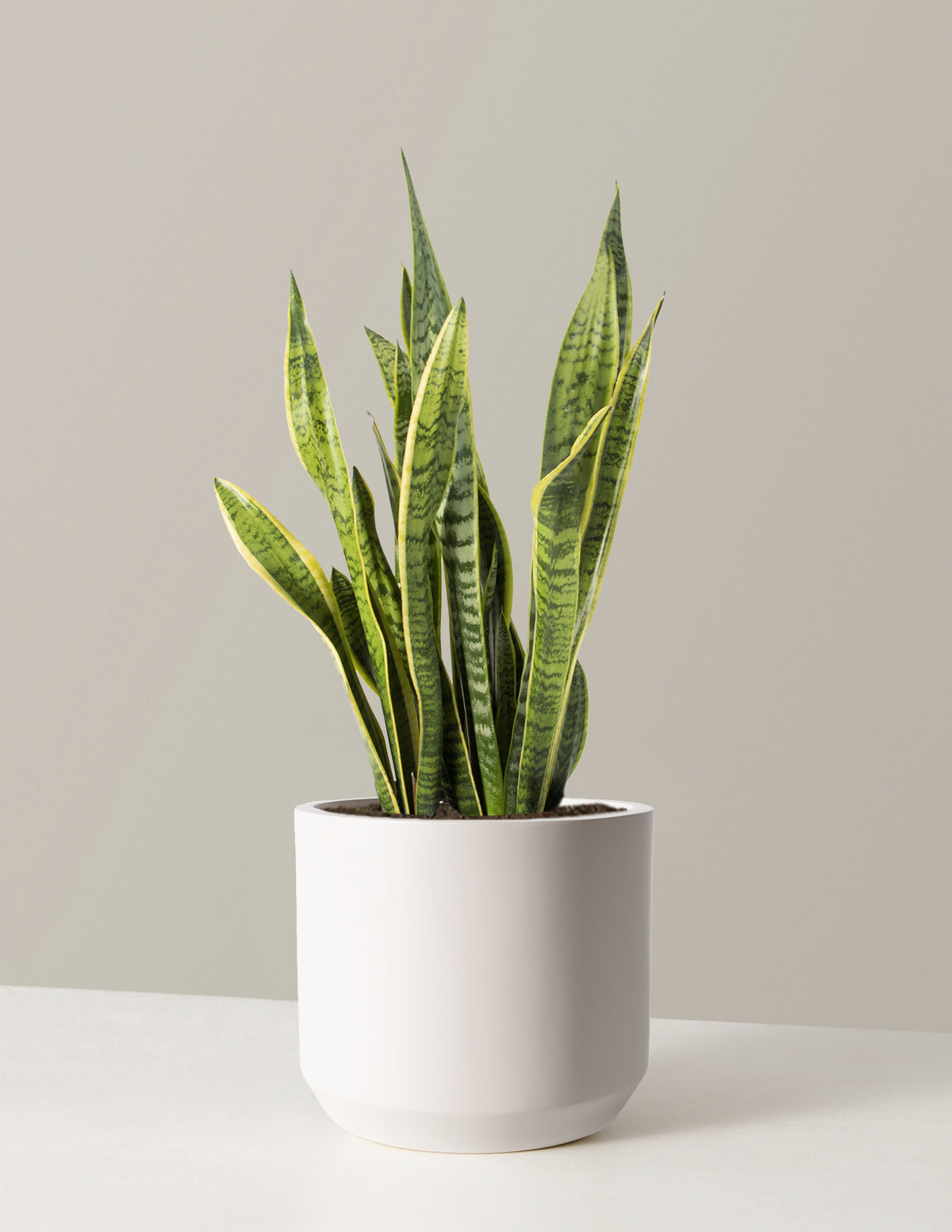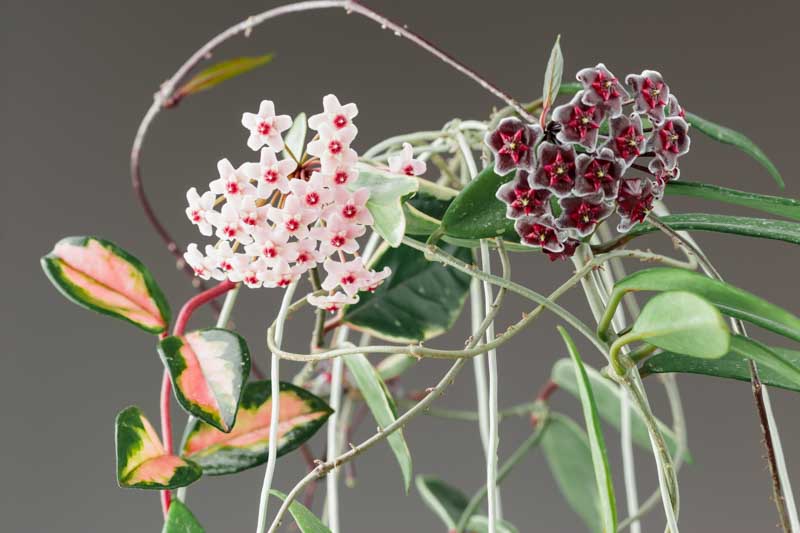How to Care for Rex Begonia (Begonia rex-cultorum): A Detailed Guide
Rex Begonia, known for its stunning foliage with intricate patterns and vibrant colors, is a popular houseplant. Native to the tropical regions of Southeast Asia, these begonias are prized for their decorative leaves rather than their flowers. Here’s a comprehensive guide to help you care for your Rex Begonia and keep it thriving.

Light Requirements
Rex Begonias thrive in bright, indirect light. Too much direct sunlight can scorch the leaves, while insufficient light can cause the colors to fade and the plant to become leggy. Place your plant near an east or north-facing window where it can receive plenty of filtered light. If natural light is limited, you can use fluorescent or LED grow lights to supplement. Aim for at least 4-6 hours of bright, indirect light daily.
Watering
Rex Begonias prefer evenly moist soil but are highly sensitive to overwatering, which can lead to root rot. Follow these watering tips:
- Water the plant when the top inch of soil feels dry to the touch.
- Use room temperature, distilled, or rainwater to avoid chlorine and fluoride, which can damage the plant.
- Water thoroughly until water drains out of the bottom of the pot, then empty the saucer to prevent the roots from sitting in water.
- Reduce watering in the fall and winter when the plant’s growth slows, allowing the soil to dry out slightly more between waterings.
Humidity
Rex Begonias thrive in high humidity environments, ideally between 50-60%. To maintain adequate humidity:
- Use a humidifier near the plant.
- Place the pot on a tray filled with water and pebbles.
- Group plants together to create a micro-humid environment.
- Avoid misting the leaves directly, as this can cause spotting and promote fungal diseases.
Temperature
Rex Begonias prefer temperatures between 60-75°F (15-24°C). They are sensitive to cold drafts and sudden temperature changes. Keep the plant away from windows or doors that may have cool drafts and from heating or air conditioning vents. Avoid exposing the plant to temperatures below 55°F (13°C).
Soil and Potting
Rex Begonias require well-draining soil. A suitable mix is one part potting soil, one part peat moss or coco coir, and one part perlite or sand. This combination ensures good drainage while retaining some moisture. Repotting should be done every 2-3 years or when the plant becomes root-bound, ideally in the spring. Choose a pot that is only slightly larger than the current one to avoid excess moisture retention.

Fertilizing
Feed your Rex Begonia every 4-6 weeks during the growing season with a balanced, water-soluble fertilizer diluted to half strength. Avoid fertilizing in the fall and winter months when the plant’s growth slows. Over-fertilizing can lead to a buildup of salts in the soil, which can harm the plant. Organic fertilizers, like fish emulsion or worm castings, can also be used sparingly.Pruning
Regular pruning helps maintain the plant’s shape and encourages bushier growth. Use clean, sharp scissors or pruning shears to trim back any leggy or overgrown stems. Remove any yellow or damaged leaves to keep the plant healthy. When pruning, always cut just above a leaf node to encourage new growth. Pruning also helps improve air circulation around the plant.
Propagation
Rex Begonias can be propagated through leaf cuttings:
- Leaf Cuttings: Select a healthy leaf and cut it into sections, ensuring each section has a vein. Plant the sections in a moist soil mix or place them on the soil surface, vein-side down. Cover the container with plastic to create a humid environment and place it in bright, indirect light. New plants should start to grow from the cuttings in a few weeks. Once the new plants are established, they can be transplanted into individual pots.
Pest and Disease Management
Rex Begonias can be susceptible to pests like spider mites, aphids, and mealybugs. Regularly inspect the plant for signs of pests, such as sticky residue, webbing, or visible insects. Treat infestations with insecticidal soap, neem oil, or by wiping the leaves with a damp cloth. Proper watering and good air circulation help prevent fungal and bacterial diseases. If you notice any signs of disease, such as black spots or yellowing leaves, remove the affected areas and adjust watering practices.
Special Care Tips
- Leaf Care: The leaves of Rex Begonias can collect dust, which can interfere with photosynthesis. Clean the leaves gently with a damp cloth or sponge to keep them looking their best. Avoid using leaf shine products, as they can clog the pores on the leaves.
- Rest Period: Rex Begonias may have a natural rest period in the winter when their growth slows. Reduce watering and stop fertilizing during this time to allow the plant to rest.
Rex Begonias, with their vibrant and decorative foliage, can be a stunning and rewarding addition to your indoor garden. By providing the right light, moisture, and environment, you can enjoy the beauty and growth of this plant for years. Regular maintenance, including proper watering, fertilizing, and pruning, will ensure your Rex Begonia remains healthy and vibrant. Whether you are a seasoned gardener or a beginner, this plant offers a visually captivating and manageable plant care experience.






